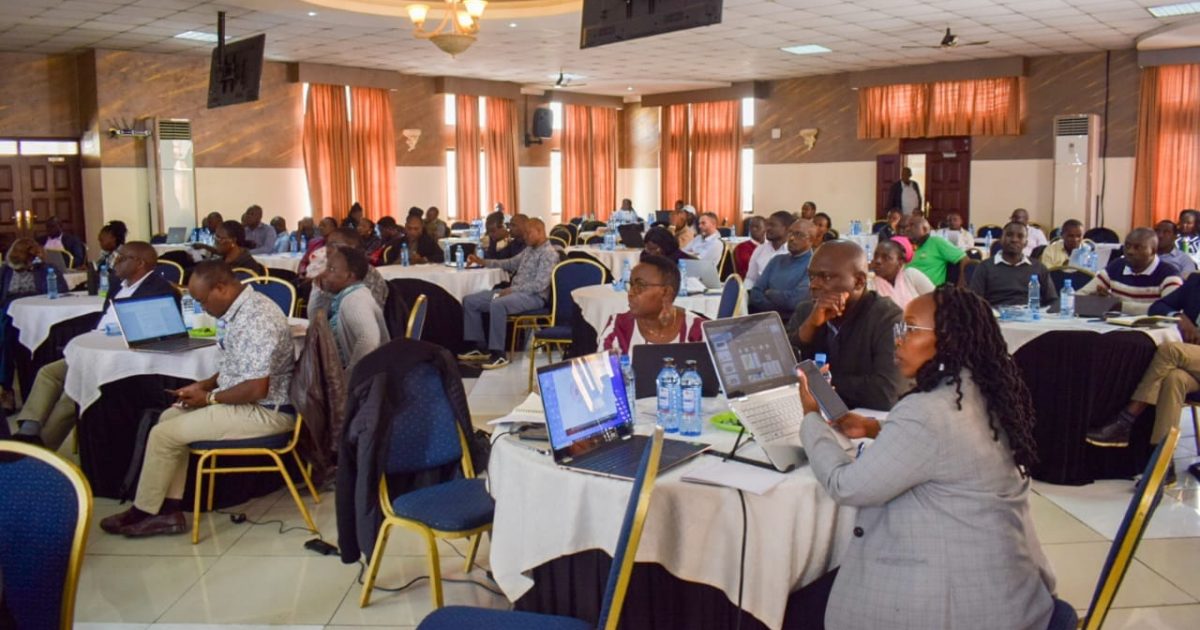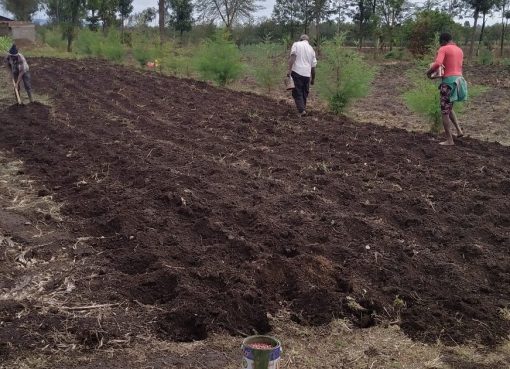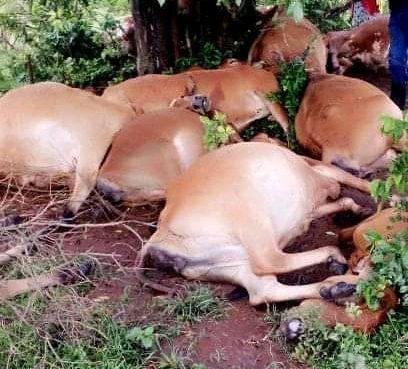The County government of Nakuru is supporting initiatives to enable more farmers to access certified potato seeds to help increase food production to enhance food security.
The devolved unit’s administration has affirmed that it was committed through public-private partnerships to increase high quality certified potato seed by 25 per cent through rapid multiplication, increased field seed bulking as well as capacity building of commercial seed growers in the County.
County Executive Committee Member (CECM)in charge of Agriculture, Livestock and Fisheries Mr Leonard Bor said that Kenya is facing a severe shortage of good quality potato planting material, a situation that is threatening the country’s food security.
The Agricultural Development Corporation’s (ADC) seed development project in Nakuru’s Molo Sub-County is the main centre of potato seed production, storage and distribution in the country.
The Kenya Agriculture and Livestock Research Organization (KALRO) potato research station Tigoni in Kiambu County supplements the Molo project.
Speaking during a National Potato Value Chain Development Strategy Validation Workshop at Waterbuck Hotel in Nakuru which sought to address the challenges the farmers face, Mr Bor noted that over the past three years the seed supply has been erratic affecting production of the crop which is a scheduled crop under the Crops Act of 2013.
Nakuru is the second largest producer of the crop accounting for 18.9 percent of national production.
The shortage is being experienced amidst heavy rains in most potato growing regions like Nyandarua, Nakuru, Bomet, Nyeri and Nandi.
“The selection of the seed potato is very important, but in Kenya, it is given little attention. Our farmers usually sell the largest potatoes for cash, eat the medium-sized ones at home, and keep the smallest as future planting material. Poor seed delivers a poor harvest,” the CECM pointed out.
Other top potato producing counties are Elgeyo Marakwet, Makueni, Embu, Tharaka Nithi, Kajiado, Samburu and Kwale.
Mr Bor disclosed that there were about 200,000 farmers growing potatoes in Nakuru on more than 38,000 acres of land with a total of 160,000 tonnes.
According to the National Potato Council of Kenya in the country the crop is cultivated by over 800,000 farmers with a total production ranging from 1 to 1.4 million tonnes worth between Sh30 to 40 billion per year. Small scale farmers account for about 83 percent of total production.
The CECM disclosed that farmers were being linked to research institutions including KALRO, ADC and Kenya Plant Health Inspectorate Services (KEPHIS) to ensure they procure clean and certified planting materials.
A study done by the Centre for Agriculture and Bioscience International (CABI) has established that poor planting material is behind diminishing potato production in Kenya.
Mr Bor indicated that the low potato yield, which is averaging 8.6 tonnes per acre, was partly due to bad management practices used by farmers in the country.
He said Kenya was banking on high-quality potato seed production by KALRO, ADC, Egerton University among other research institutions to increase production to supply seeds to over 12 million tonnes annually.
The CECM regretted that many farmers were recycling their seeds leading to a drop in quality and quantity of potato production on their farms.
While disclosing that Kenya will host the International Potato Conference in 2026, whereby Nakuru County has been proposed as the venue, Mr Bor said that currently, farmers are harvesting around 10 tonnes of potatoes per hectare, but noted that this could rise to 25 tonnes per hectare if there was crop rotation, use of certified seeds and right spraying.
According to the National Potato Council of Kenya the Sh50 billion worth sub sector supports 3.8 million people directly and indirectly.
Most small holder farmers prefer to use uncertified seeds whose quality is poor and spreads diseases on their farms.
According to agricultural experts in seed production, only about 8 percent of middle level farmers with lands measuring between 10 acres and above rely on seeds supplied by ADC Molo project.
Others opt to get clean tubers from private seed producers like Sygenta, Kisima, Suera, Agreco, GTIL, Gen-Biotech, Singus Enterprises and the Narok based Kimingi Farm.
The CECM observed that mechanization of potato farming can help farmers produce up to five times what they produce today.
This, he added, would improve the livelihood of the farmers, help the country achieve food security, and reduce reliance on maize.
“The average potato yield in Kenya is three to six tonnes per acre. Several factors contribute to this dismal performance including substandard potato seeds, low level of mechanization and poor application and quality of fertilizers,” Mr Bor explained.
He added that “Mechanization is the surest way of improving yield. Farmers who have embraced mechanized agriculture and use high-quality seeds, as well as appropriate fertilizers, are assured of increased production. They are also guaranteed lower production costs giving higher profits.”
By Anne Mwale





